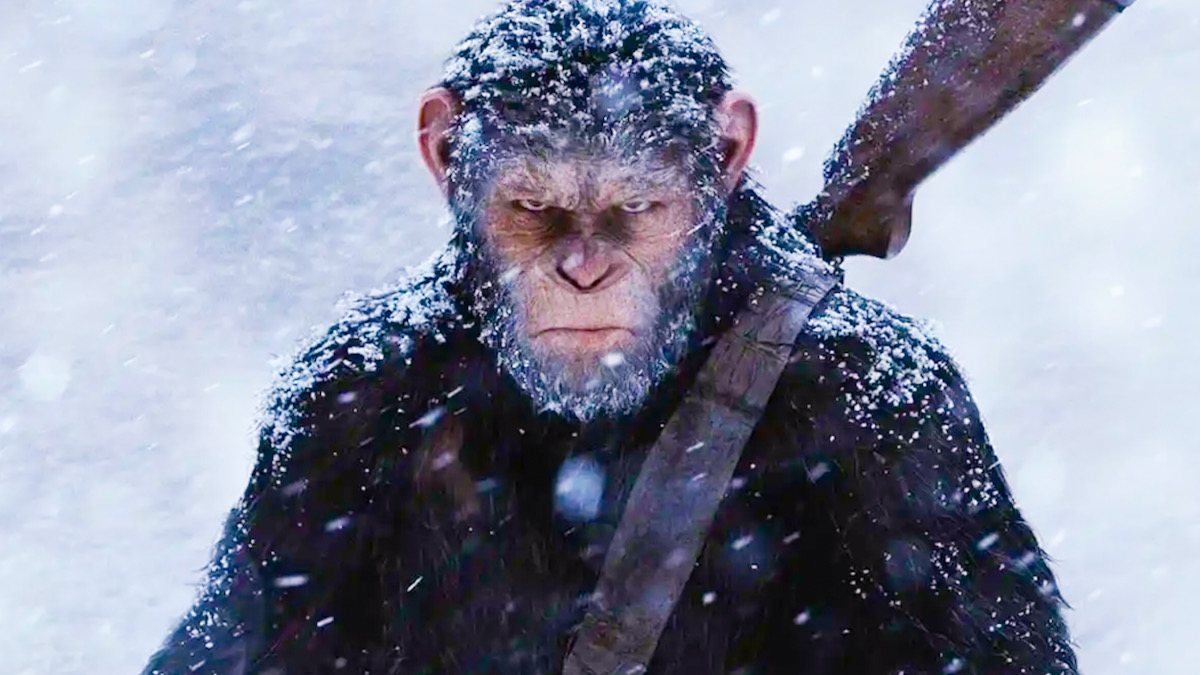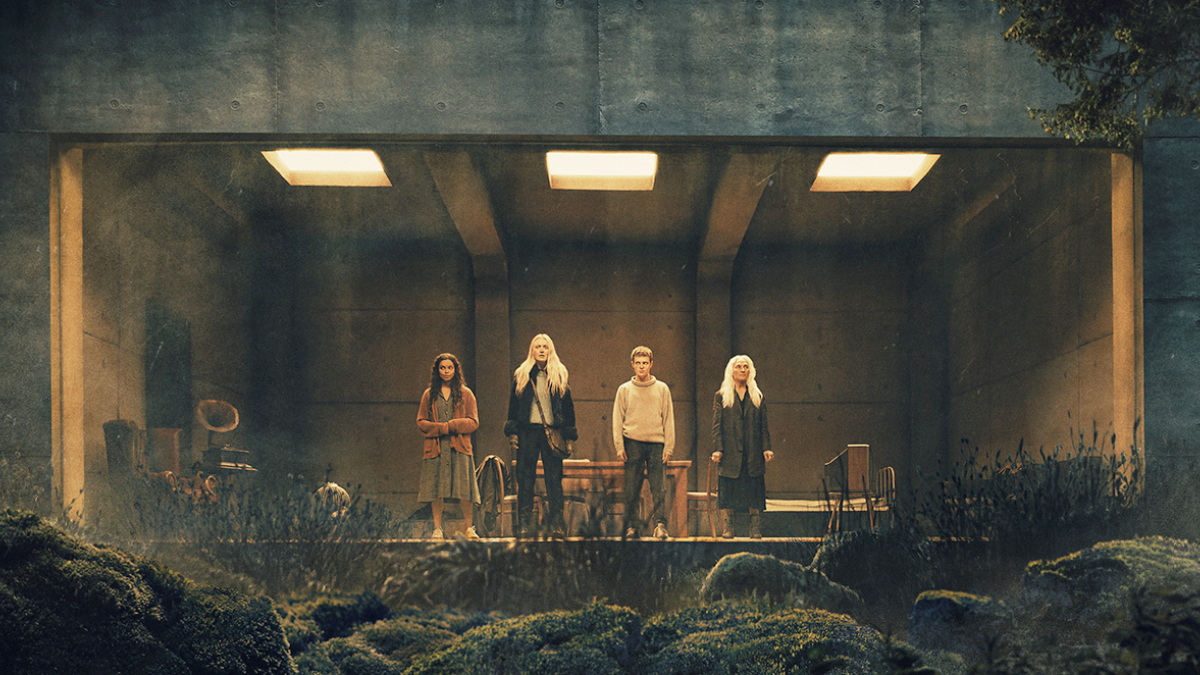
If I asked you to name some films that take place in New England, where the wedding weekend brings together a painfully dysfunctional famly to butt heads and cry for several days, it wouldn’t be too hard to list a few. Among these are probably Noah Baumbach’s Margot at the Wedding and Jonathan Demme’s Rachel Getting Married. Sam Levinson’s Another Happy Day seems to be a marriage, if you will, between these two earlier films. Sure, you’ll substitute pedophilia for domestic abuse, and self-mutilation for drug addiction, but all the basic parts are there. Because of the similarities, I originally passed on Another Happy Day in favor of catching Araki’s Kaboom. But once Another Happy Day won the Waldo Salt Screenwriting Award at Sundance, it seemed I ought to give it a chance.
The plot is very complex. There are so many characters doing so many dramatic things, it’s very difficult to explain. According to the Sundance program, this is what Another Happy Day is about:
A wedding at her parents’ Annapolis estate hurls high-strung Lynn into the fire of primal, Byzantine family dynamics. It’s the wedding of Lynn’s son, whom she was deprived of raising because of her acrimonious divorce, and a feud still rages between Lynn and her ex-husband’s hot-tempered wife. Meanwhile, the three children Lynn did raise display a panoply of disturbing behaviors like cutting and drug addiction, which Lynn’s mother and sisters alternately ridicule and blame her for. As Lynn attempts catharsis, her mother sweeps issues under the rug, but painful truths bubble and spurt. Clan members deploy ricocheting arrows to protect themselves—and wound others—as the fine lines between victims and perpetrators blur.
Yes, this is a family full of hurtful idiots. And as per Sundance instructions, every mental illness in the book is explored and exploited. Most notable because of its recent appearance in fashionable media, Aspergers and/or autism. But as you would expect from a winner of the Waldo Salt Award, there is some fantastic writing here. Even when the script is so over the top. But the film’s one hundred and fourteen minute run times goes by in a blur. It went by so quickly that once the credits started rolling, I genuinely wanted to see it again immediately. This shouldn’t be a problem, even though it’s one of the few star-studded and prominent titles of the festival that hasn’t been pickup for distribution yet.

Besides the writing, the film generates its energy from the balls-to-the-walls performances turned in by its leading ladies. Ellen Burstyn plays the frighteningly repressed and angry matriarch of the New England family, and she makes no qualms about shutting down any opinions contrary to her own with a passive-aggressive vengeance that makes me shutter. Demi Moore nails it as Lynn’s ex-husband’s second wife, a shallow and hostile woman happy to fly off the handle at any excuse, especially if she’s able to direct her antics towards Lynn.
And of course there’s Ellen Barkin, who plays Lynn. What was required of her was astounding. At times, she has the saddest, most tired eyes of any one I’ve ever seen. But at other times, she morphs into the alpha-female (many times required as her husband seems about as clueless as one gets), and has no trouble putting situations in their place. Kate Bosworth rounds out the crowd as the alienated daughter of Lynn and her ex-husband (played by Thomas Haden Church). While her performance is short, it’s exact, and moving. Better than most anything we’ve seen from her.
Sam Levinson’s direction is strong, and assured. It’s his first time directing, and there are some real glimpses of talent every now and then. As he’s also credited as the writer, it seems he may be one of the very few people who can both write and direct with a real amount of skill. At the very least, his first film leaves us great interested in one he will give us next.
Despite the overly familiar setting, Another Happy Day explores complicated family relationships. Some very painful, some very cathartic. There’s more of the former, which will undoubtedly turn off many audiences. But with those willing to go through a bit of pain, they will be greatly rewarded.






